Attacking a mayor, injuring his wife and children, arson, looting – news and photos from the vicinity of Paris, the city we once knew as the city of light. Today, the only things emitting light are those that are burning: four years ago it was the Notre-Dame, today it is the burning cars or a swimming pool built for the 2024 Olympic Games. Otherwise, there is nothing but darkness, both in the physical and mental sense.
Meanwhile, President Macron “is giving deep thought” to the events to understand the causes that led to violence, the press quoted him as saying. As if he was a foreign professor of philosophy, who has just arrive to see the Louvre, and not the leader of the state whose institutions are being destroyed by the migrant thugs. Moreover, the explanation is relatively simple. After decades of beating around the bush over the issue of migration and the ever-increasing swelling of the problem, and after calling the anti-immigration National Front and its voters racist, it's obviously difficult to do a quick introspection.
Politically correct textbooks would come up with the false claim that mass migration satisfies both parties involved, as migrants can live in a more developed country, and the developed country gains working hands. Today, the photos from France paint a picture of a country that is infinitely sad and depressed. Peaceful citizens consider the riots unbearable: they protest the protesters. The youngsters, many of whom are from a migration background, and in many cases children, think that they cannot live in the state where they were born or taken by their parents.
“It's not the state's job to solve the problem of a twelve-year-old setting fire to a school,” French Interior Minister Gerald Darmanin says. This is only partly true, in case of individual children, but children's problems are well known to be symptoms of something else, this time of a sick society. Everyone is frustrated. Police officers fear that they will either be killed in the no-go zone or face internal investigations. "This neighborhood was their district. A dreaded district, the most formidable in the city, perhaps in the country. The cops already knew on their way here, looking at the rooftops of the apartment blocks, that nasty things were going on," Laurent Obertone wrote a few years ago. When we first picked up his dystopia, his book called Gerilla seemed like a fun summer read. But not this summer.
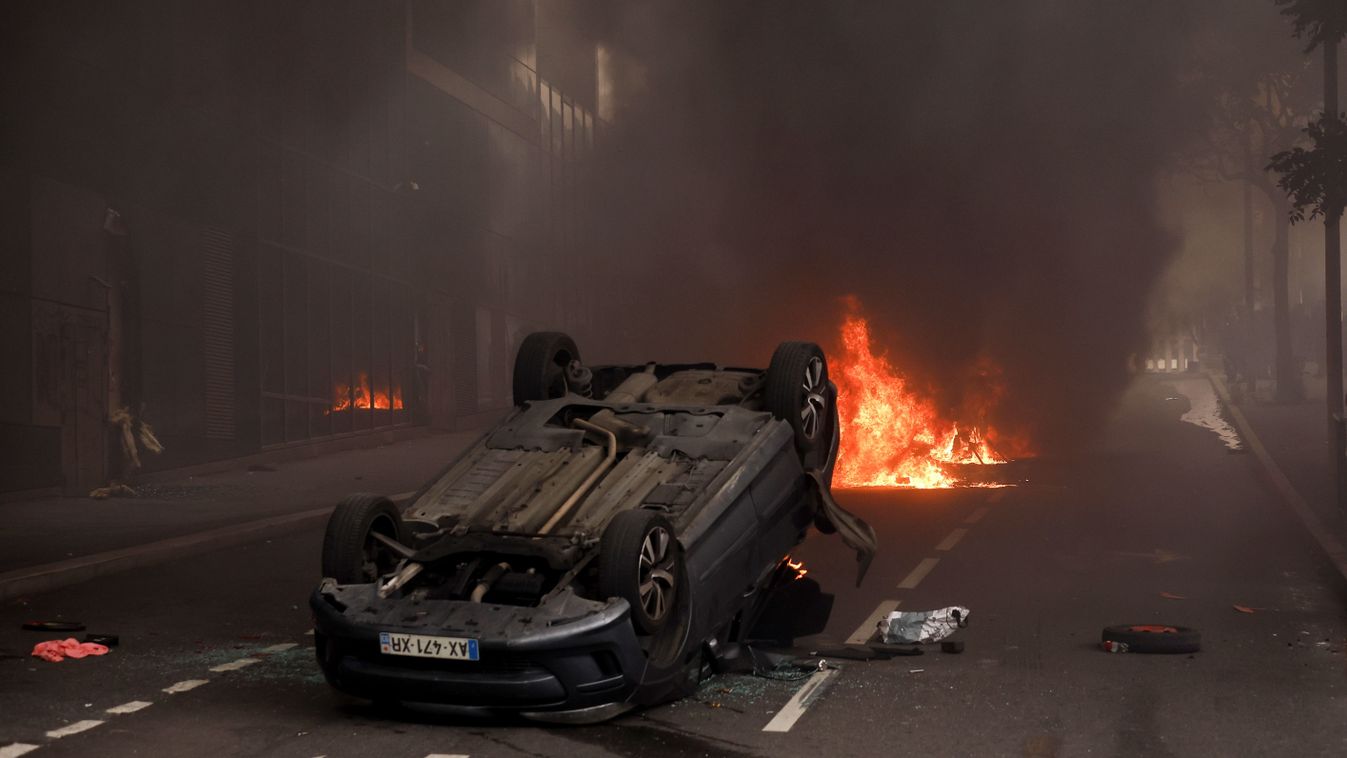
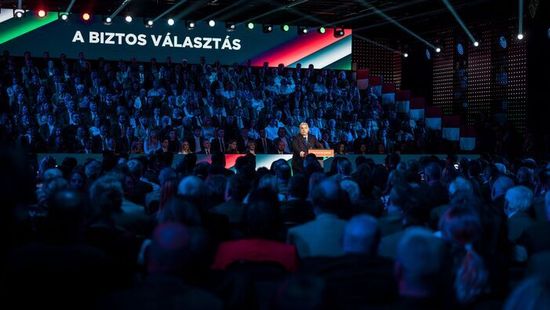

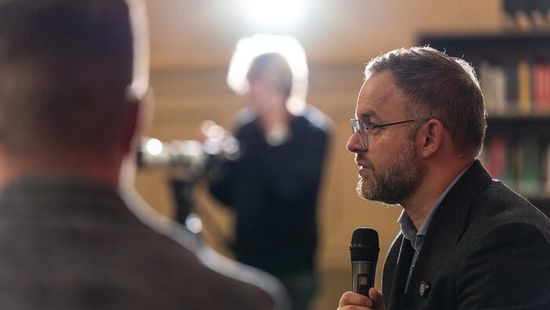


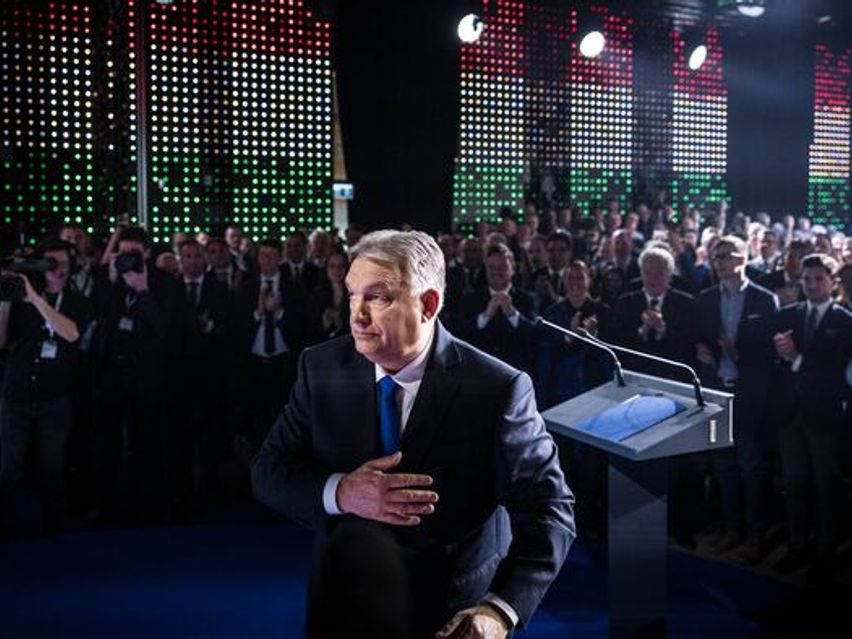

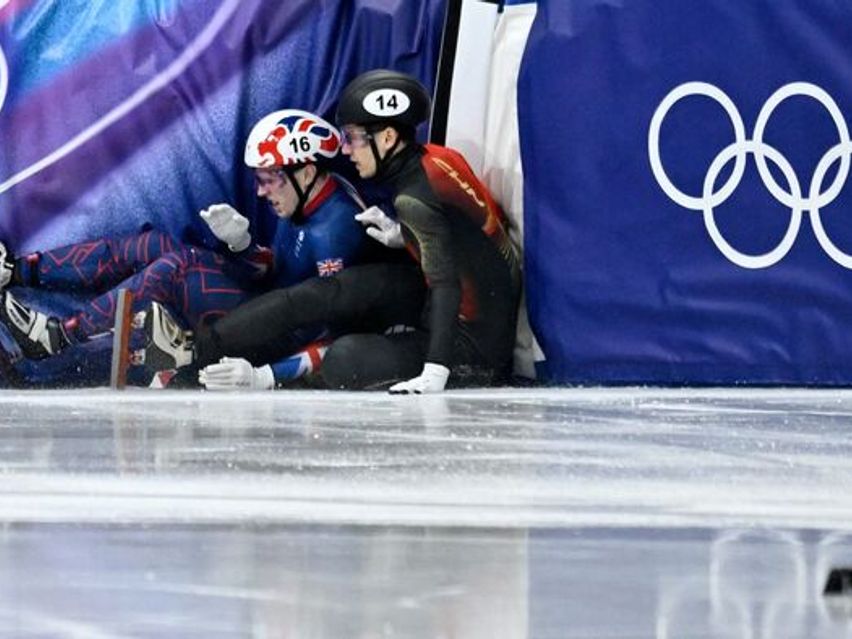


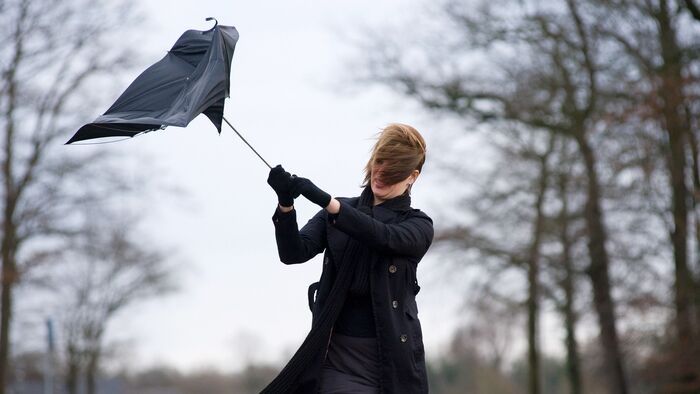
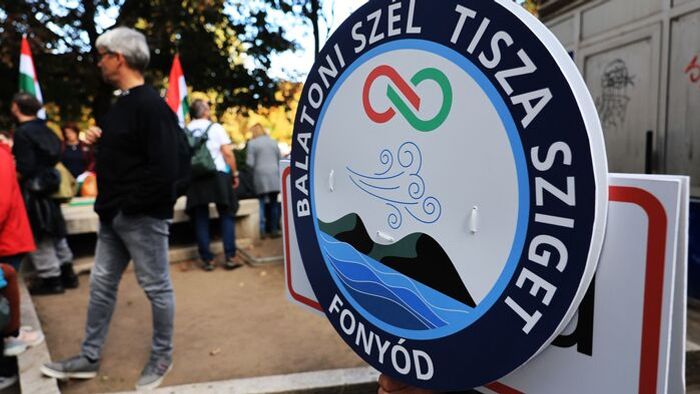
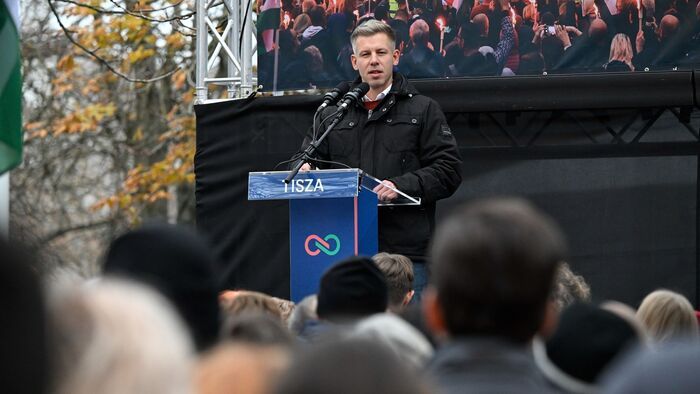
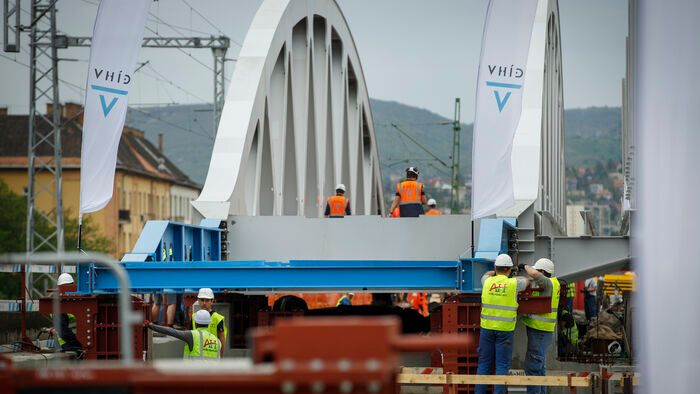
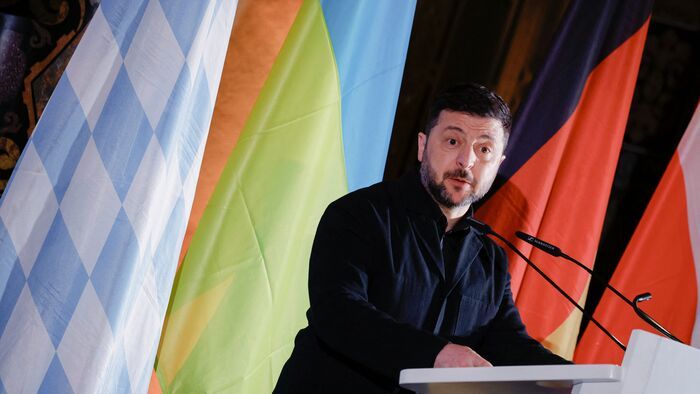
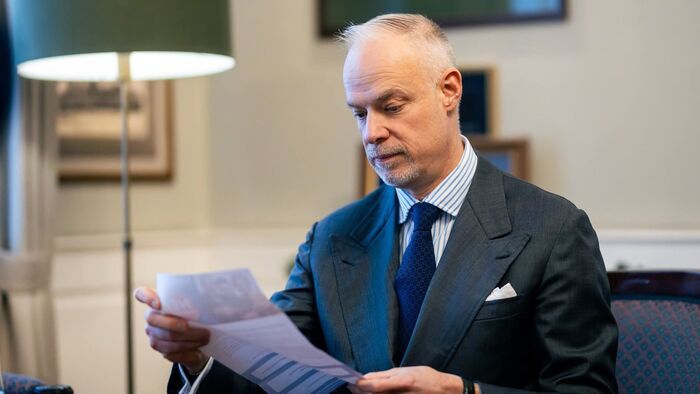


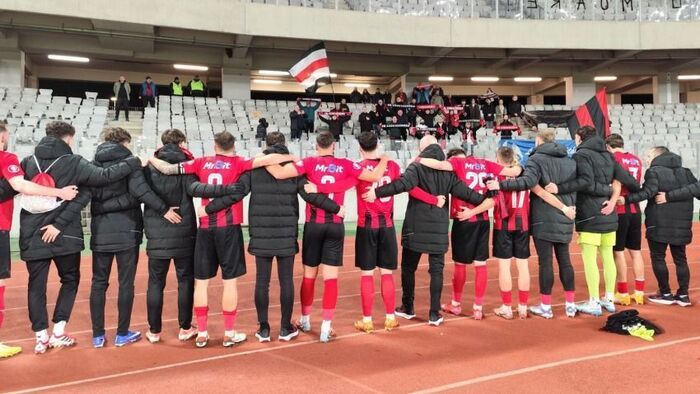

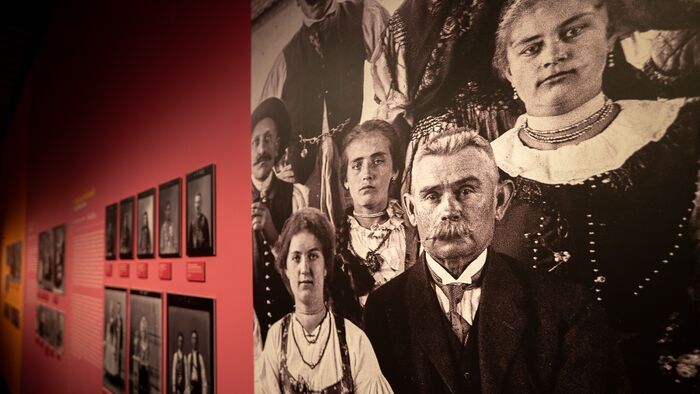

Szóljon hozzá!
Jelenleg csak a hozzászólások egy kis részét látja. Hozzászóláshoz és a további kommentek megtekintéséhez lépjen be, vagy regisztráljon!